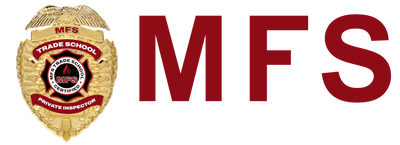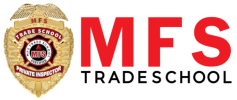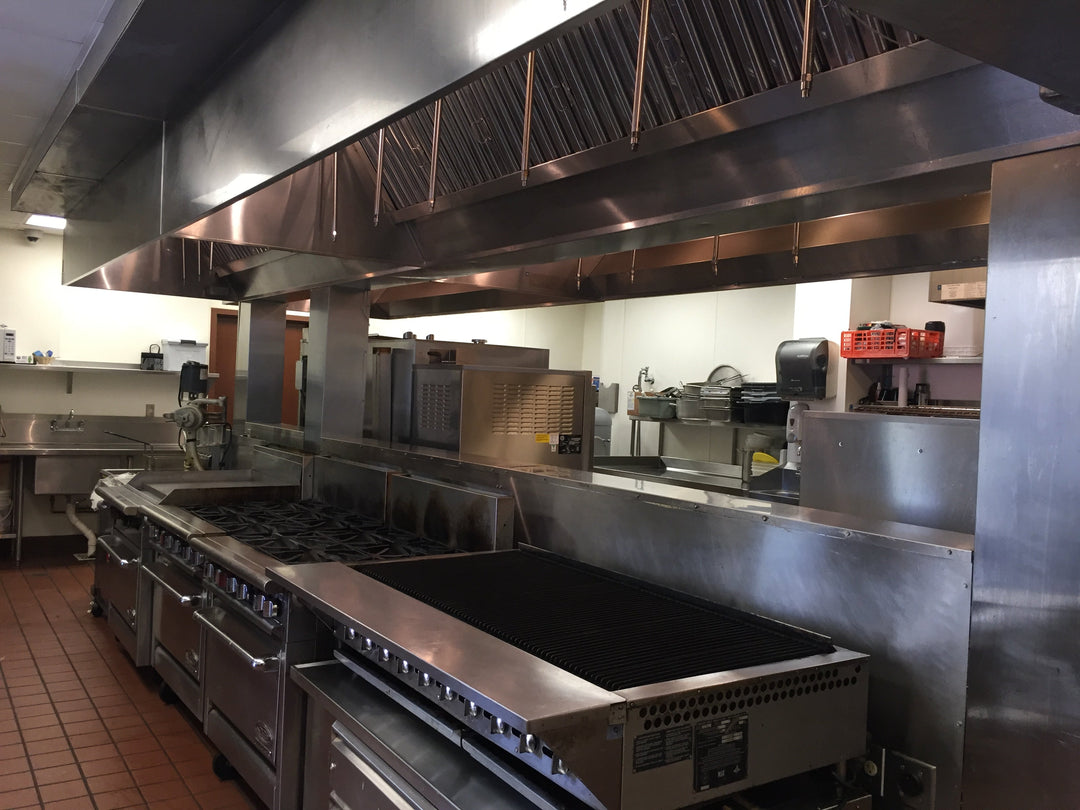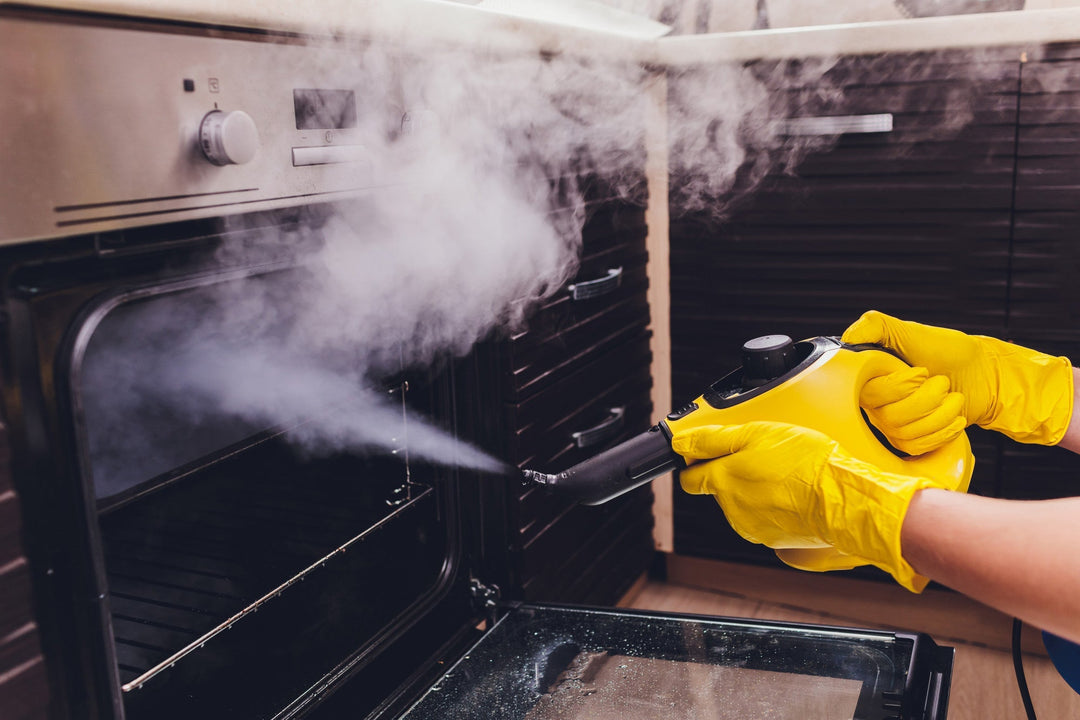Cost vs. Benefits: Regular Kitchen Exhaust Maintenance Explained
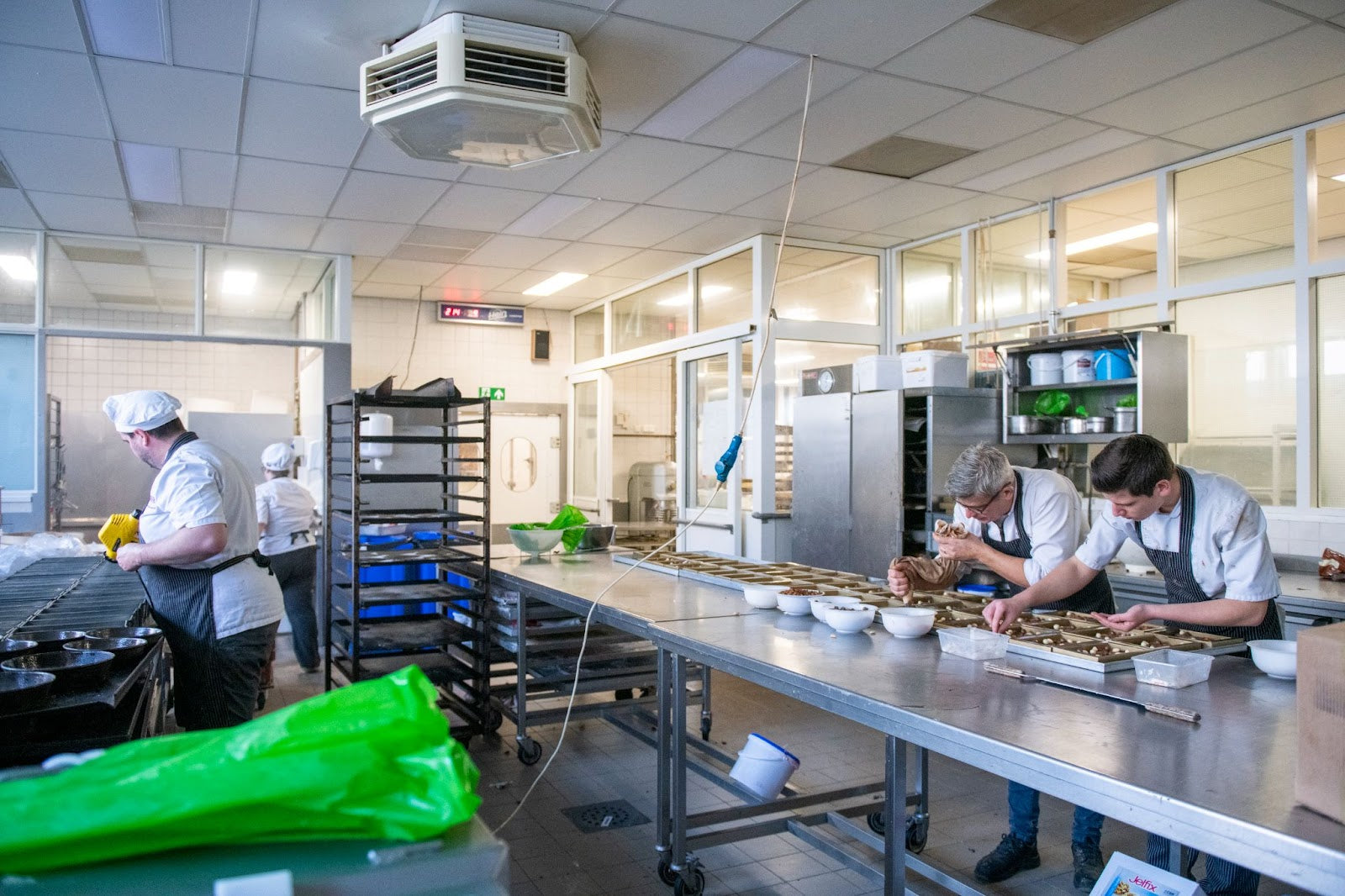
Maintaining a clean and safe kitchen exhaust system is crucial for the success of any restaurant or commercial kitchen. Neglecting regular maintenance can lead to a host of problems, from decreased efficiency and air quality to increased fire risks and costly repairs.
The cost of regular kitchen exhaust maintenance may seem daunting at first, but the long-term benefits far outweigh the initial investment. By understanding the importance of proper maintenance and the factors that influence cleaning costs, restaurant owners and managers can make informed decisions about their maintenance schedules and budgets.
In this article, we'll explore the cost-benefit analysis of regular kitchen exhaust maintenance, highlighting the key advantages of proactive cleaning and the potential risks of neglect. We'll also discuss the factors that impact cleaning costs and provide guidance on choosing a professional cleaning service to ensure the best possible results.
What is Kitchen Exhaust Maintenance?
Kitchen exhaust maintenance is a comprehensive process that involves thoroughly cleaning the hood, filters, fans, and ductwork of a commercial kitchen's exhaust system. The primary goal of this maintenance is to remove grease, grime, and other buildup that accumulates over time due to the constant exposure to cooking fumes and vapors.
Regular maintenance is essential for several reasons:
-
Safety: Grease buildup in exhaust systems is a leading cause of restaurant fires. By removing this flammable material regularly, the risk of devastating kitchen fires is significantly reduced.
-
Efficiency: A clean exhaust system operates more efficiently, effectively removing smoke, heat, and fumes from the kitchen. This improves air quality, creates a more comfortable working environment for staff, and helps maintain a consistent kitchen temperature.
-
Longevity: Grease and grime buildup can strain exhaust fans and other components, leading to premature wear and tear. Regular cleaning prolongs the lifespan of expensive kitchen equipment, saving money on repairs and replacements in the long run.
Professional kitchen exhaust hood cleaning, like the services offered by reputable companies, is crucial for maintaining a safe and compliant kitchen environment. Explore our photo gallery of MFS Trade School training to see our expertise in action. Professional cleaning also follows best practices for commercial kitchen maintenance to ensure a safe and compliant kitchen environment.
The Importance of Regular Exhaust Cleaning

Fire Prevention
In commercial kitchens, unchecked grease accumulation within exhaust systems becomes a notable hazard—posing severe fire risks. As grease layers thicken, they increase the likelihood of ignition. Routine cleaning mitigates this danger by systematically eliminating these combustible residues. For restaurant operators, keeping exhaust systems clean not only enhances fire safety but also aligns with essential fire safety standards—protecting the business from liabilities and fines.
Improved Air Quality and Efficiency
Beyond fire prevention, a well-maintained exhaust system is crucial for optimal air quality and kitchen efficiency. When systems are free of grease obstructions, they effectively extract smoke, heat, and fumes, enhancing the kitchen's environment. This not only leads to better air quality but also ensures a healthier setting for staff. Maintaining efficient exhaust operations helps achieve a stable kitchen environment, crucial for staff well-being and consistent food quality. Improved air conditions foster a productive and pleasant workplace, contributing to higher employee satisfaction and retention.
Equipment Longevity and Cost Savings
Without regular maintenance, grease and grime can accumulate, exerting undue pressure on exhaust fans and system components. This pressure often results in equipment breakdowns, leading to expensive repairs or replacements. Consistent cleaning, however, extends the operational life of kitchen equipment, preserving your kitchen equipment's value and resulting in significant cost savings over time. Moreover, a well-maintained system boosts operational efficiency, cutting down on energy usage and lowering utility expenses. For restaurant owners, these savings improve the financial health of the business, enabling reinvestment in other critical areas. Regular exhaust maintenance thus proves to be a strategic investment in the sustainability and effectiveness of kitchen operations.
Frequency of Kitchen Exhaust Maintenance
The frequency of kitchen exhaust maintenance is not a one-size-fits-all scenario; it varies based on several factors, primarily the volume and type of cooking performed. Establishing an appropriate cleaning schedule is essential for maintaining optimal exhaust system functionality and adherence to health and safety standards.
High-Volume Kitchens: Establishments like 24-hour diners, fast-food chains, and high-traffic restaurants typically experience continuous or near-continuous cooking activities. Such environments produce a high volume of grease and particulate matter, necessitating more frequent cleanings. Monthly or quarterly maintenance ensures that exhaust systems operate efficiently, preventing excessive buildup that can compromise air quality and system performance.
Moderate-Volume Operations: Full-service restaurants usually fall into this category, where cooking is regular but not continuous. For these establishments, semi-annual maintenance often strikes a balance between operational demands and maintenance costs. This schedule is effective in keeping systems in check, ensuring they remain free of significant grease accumulation that could otherwise lead to operational inefficiencies.
Low-Volume Kitchens: Facilities such as small cafes or seasonal venues with occasional cooking demands may require less frequent attention. Annual cleanings are generally adequate, provided there is regular oversight to catch any potential issues early. Consistent monitoring ensures that any unexpected inefficiencies or buildups are addressed promptly, maintaining system integrity and performance.
Determining the correct maintenance frequency involves assessing your kitchen's specific needs, which can be facilitated by consulting with professionals and using kitchen maintenance tips and checklists. Training courses, like those offered at specialized trade schools, provide valuable insights into best practices for system maintenance, equipping kitchen operators with the knowledge to optimize their cleaning schedules effectively. For example, our hands-on kitchen exhaust hood cleaning training equips participants with practical skills and certifications.
Cost Considerations for Exhaust Maintenance
Evaluating the financial aspects of kitchen exhaust maintenance is essential for restaurant operators striving to balance safety, efficiency, and budgetary constraints. Several variables influence the cost of keeping exhaust systems in optimal condition, requiring careful analysis to ensure effective resource allocation.
Key factors include the scale and intricacy of the system. Larger setups with extensive duct networks and multiple components often demand more substantial maintenance investments due to the increased labor and time required. Additionally, the system's location significantly affects costs; exhausts positioned in challenging locations, such as high roofs or behind structural barriers, necessitate specialized equipment and expertise, driving up service fees. The frequency of cleaning, tailored to the kitchen's operational intensity, further impacts expenses. While regular maintenance involves initial costs, it mitigates long-term financial burdens by averting severe accumulation and reducing the chances of unexpected malfunctions.
Determining the correct maintenance frequency involves assessing your kitchen's specific needs, which can be facilitated by consulting with professionals or by reviewing our FAQs about kitchen exhaust hood cleaning certifications. Investing in routine exhaust cleaning is a strategic decision to avert larger financial pitfalls. Consistent upkeep curtails the need for expensive repairs, minimizing disruptions that can affect business operations and revenue generation. Furthermore, adhering to a regular cleaning schedule diminishes the risk of fire incidents, which can result in extensive property damage and liability expenses. Compliance with safety regulations is another critical consideration; neglecting maintenance can lead to penalties and fines, escalating costs for non-conformance. By ensuring systems remain clean and operational, restaurant managers protect their investments and sustain an efficient kitchen environment conducive to productivity.
Choosing a Professional Cleaning Service
Selecting an effective cleaning service for your kitchen exhaust maintenance is pivotal to safeguarding both operational efficiency and safety. A carefully chosen provider not only fortifies the functionality of your system but also offers assurance through their specialized skills.
Expertise and Credentials: Begin by assessing the qualifications and track record of the cleaning service. Professionals with extensive experience and relevant certifications bring a depth of knowledge in managing complex exhaust systems. Their expertise ensures adherence to current safety guidelines and the application of best practices, which are essential for preventing operational disruptions.
Adoption of Advanced Techniques: It's crucial that the cleaning company utilizes state-of-the-art cleaning methodologies and tools. This includes leveraging cutting-edge equipment and environmentally sustainable cleaning solutions to thoroughly eliminate grease accumulation while preserving system components. Providers committed to staying abreast of technological advancements deliver more effective and efficient services, offering comprehensive kitchen maintenance solutions to ensure the longevity and performance of your exhaust system.
Comprehensive Insurance and Risk Management: Confirming that your chosen provider carries adequate insurance is a wise move. Robust insurance coverage offers protection against unforeseen incidents or damages during the cleaning process. Additionally, a reputable company will have well-defined risk management procedures, ensuring that the cleaning operation is conducted with the utmost care and precision.
Building a business in this sector demands a thorough grasp of cleaning processes, regulatory requirements, and client relations, all of which can be honed through targeted training programs, such as our online kitchen exhaust hood cleaning course.
The Bottom Line: Invest in Regular Maintenance
Allocating resources to consistent kitchen exhaust maintenance fortifies the integrity and performance of culinary operations. By maintaining cleanliness and addressing potential issues preemptively, restaurants not only enhance operational reliability but also cultivate a safe working environment. This proactive approach minimizes unexpected disruptions, fostering a seamless workflow that supports customer satisfaction and business growth.
Regular maintenance offers substantial economic advantages by optimizing the performance of exhaust systems, thus reducing operational costs. Clean systems function more effectively, leading to a decrease in energy usage and subsequent utility expenses. This operational efficiency allows businesses to redirect savings towards other critical areas, such as enhancing customer service or upgrading kitchen technology. A well-maintained system nurtures a productive atmosphere, boosting staff morale and engagement, which in turn contributes to higher retention and overall productivity.
By partnering with a trusted professional cleaning service and staying informed about best practices, you can ensure that your kitchen operates at its best, day after day. Learn more about our programs and their impact by reading student reviews of MFS Trade School.
